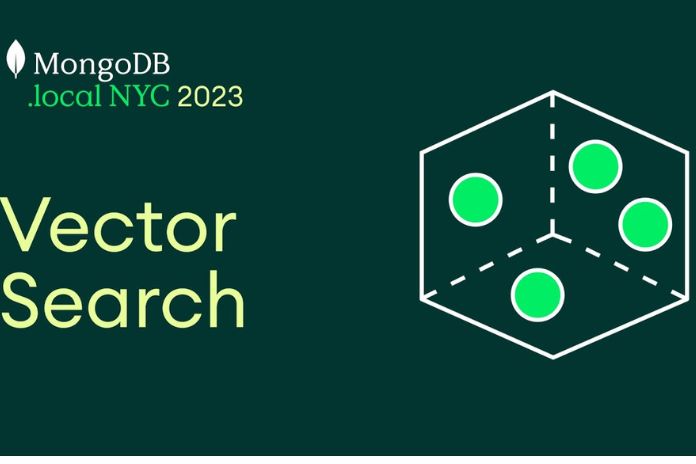Understanding MongoDB Atlas Vector Search

Data has become an essential part of the digital ecosystem in today’s technological landscape. Companies that have the ability to organize, analyze, and use the data that they have access to are able to remain both competitive and agile. There are many tools available to help companies take advantage of their data.
As we outlined in our September 2024 guide to advanced data analysis, online platforms can be used to analyze data across a range of operations. One data tool that more and more industries are turning to is a vector search, a function of the vector database. This allows users to perform unique searches that can find patterns in vast datasets, provide recommendation services, and unlock the full capabilities of AI.
Of the databases on the market, Medium’s MongoDB article outlines how the company’s Atlas vector search is a game-changer that allows users to supercharge their search capabilities. In this post, we will help you understand why MongoDB’s Atlas vector search is becoming increasingly popular and widely used.
A Vector Search Explained
A vector search is a functionality of a vector database that allows it to find results based on semantic understanding rather than keyword matching. MongoDB’s vector databases show how this database can perform a vector search because the data is stored on vectors rather than the tables and columns of relation databases or the flexible data models of NoSQL databases. A vector is a data point, such as a video, that has been converted to a list of numbers through an embedding model. Within this list of numbers, each number represents a different component of the data.
For example, for an inputted video, one number will represent the title, another number will represent the length, and so on. Once in the vector database, the vectors that are similar or have a relationship with each other cluster together. A vector search is able to comb through the database and find clusters related to the queries to find a scope of results rather than just one.
MongoDB Atlas Vector Search
The MongoDB Atlas vector search is one of the latest additions to MongoDB. It allows customers to build intelligent applications powered by semantic search and generative AI on any type of data. Last year, MongoDB 8.o was launched, and its Atlas vector search is setting the new standard in database technology.
Compared to a regular vector search, MongoDB Atlas combines its robust document database model with fully managed vector database capabilities, a hybrid approach that allows businesses to integrate an AI-powered search while maintaining flexibility and scalability.
To understand why MongoDB’s Atlas vector search is so popular, the latest version delivers a 36% increase in read speeds and 56% faster bulk inserts, enabling rapid data processing at scale. This allows it to keep up with the most powerful AI applications that require real-time processing.
As per MongoDB, the Atlas vector search can also “easily combine vector queries with filters on meta-data, graph lookups, aggregation pipelines, geo-spatial search, and lexical search for powerful hybrid search use cases within a single database.” This makes it one of the most flexible and user-friendly vector searches on the market.
MongoDB Atlas Vector Search Finding Success Across Industries
MongoDB’s Atlas vector search is being used by a number of companies. On the official site, companies that currently use MongoDB’s Atlas vector search include Novo Nordisk, Okta, Delivery Hero, Kovai.co, and VISO TRUST. Pierce Lamb, Senior Software Engineer of VISO TRUST, says of the Atlas vector search: “It was incredibly easy to deploy our search data to Atlas Search Nodes, requiring only a few button clicks. Furthermore, the memory requirements of vector search can now match our Atlas Search Node deployment exactly.
This is a crucial consideration for keeping vector search fast and streamlined.” As MongoDB’s Atlas vector search can be used for a wide range of functions, such as powering recommendation systems, building chatbots, and helping LLMs create content, it is no surprise that the company has a strong customer growth with over 54,500 customers as of January 31, 2025.
MongoDB continues to be a leader in the global database management industry, and its Atlas vector search has allowed it to extend its reach across sectors and provide more powerful searches and services.
Also Know About: IncrediTools
